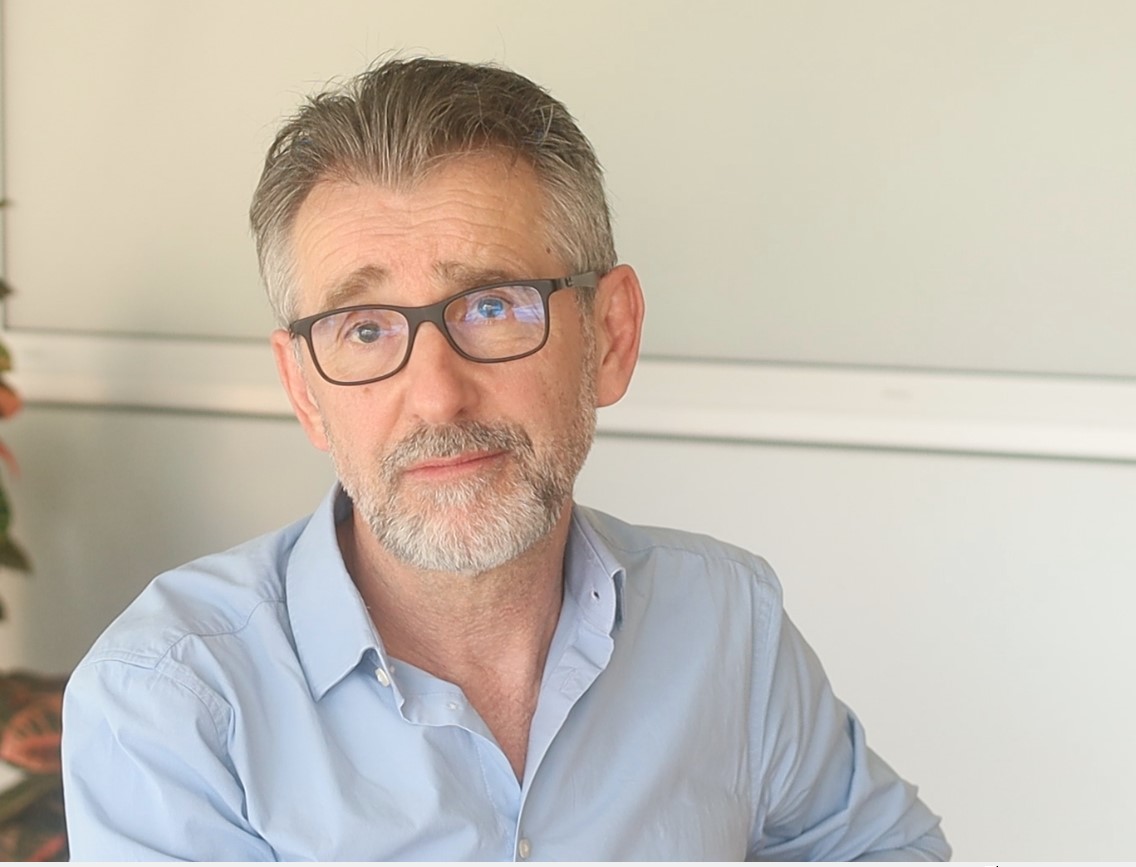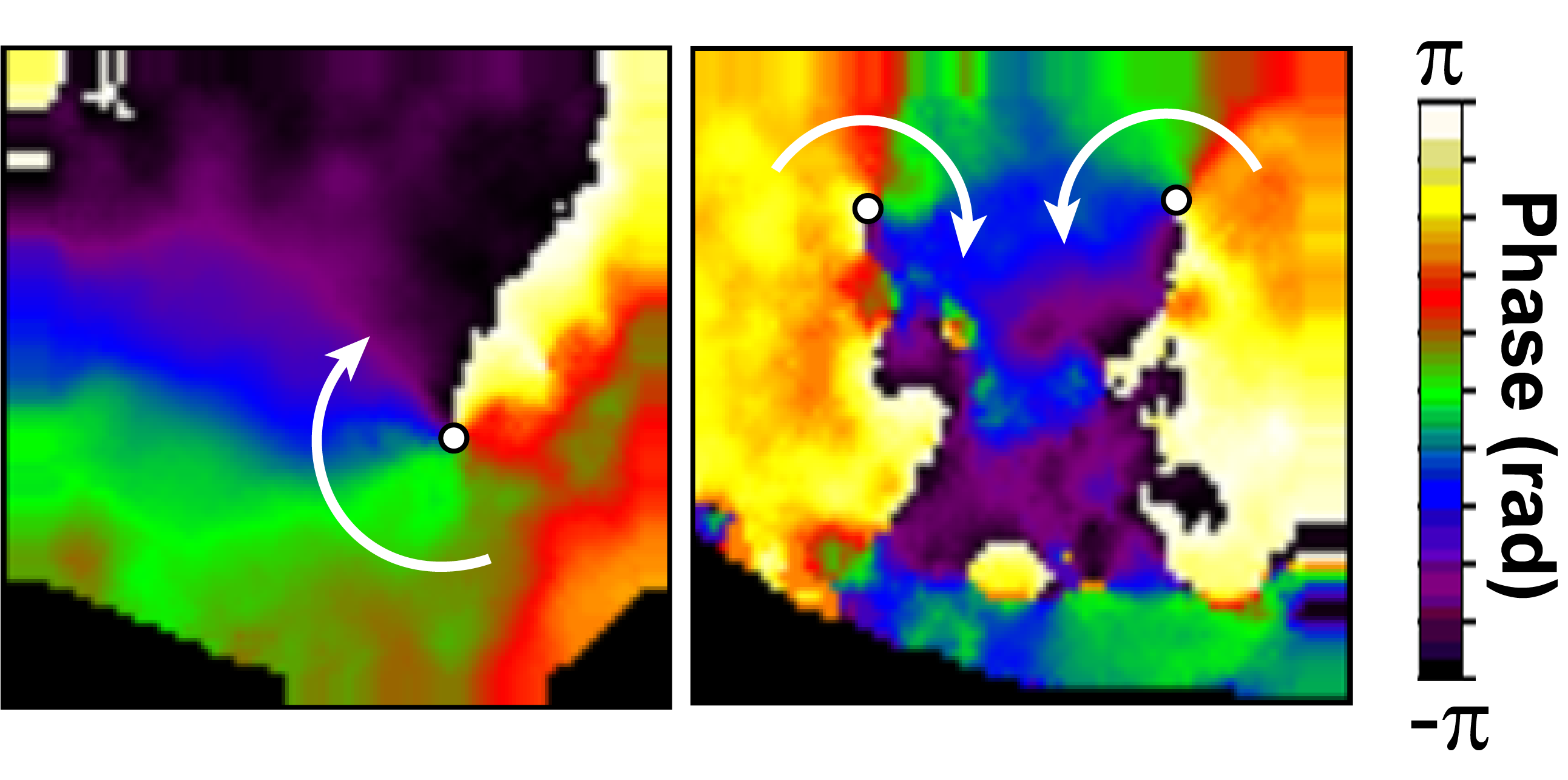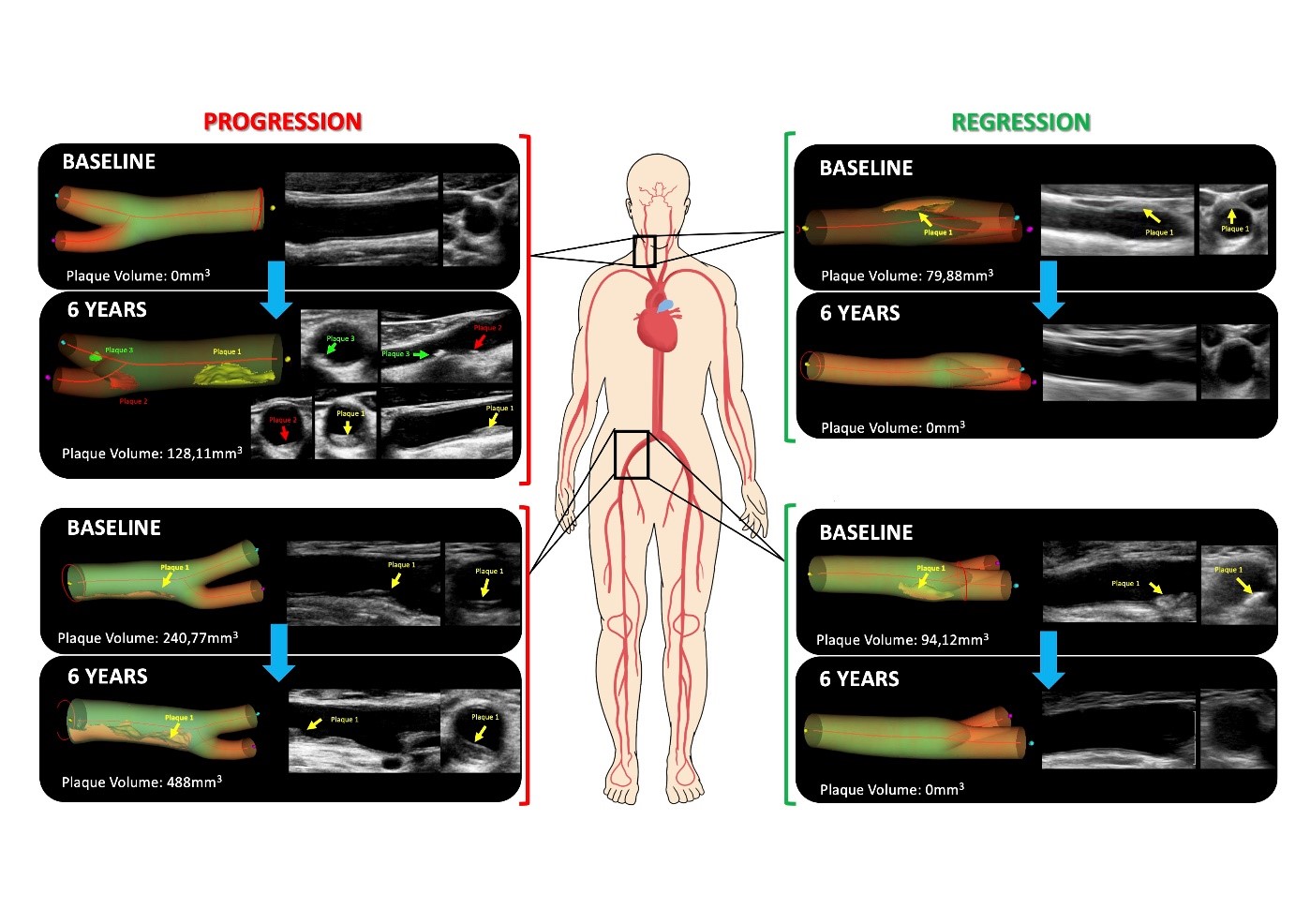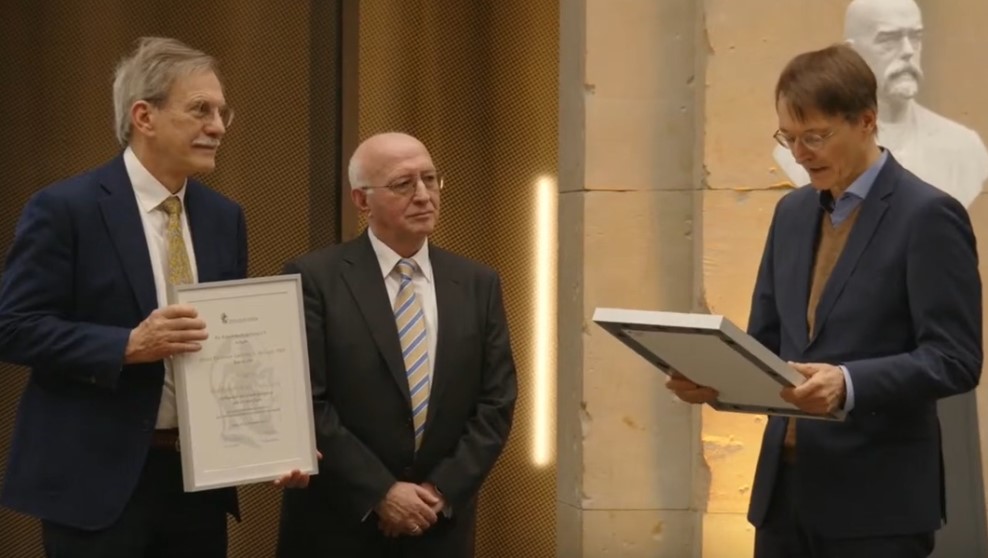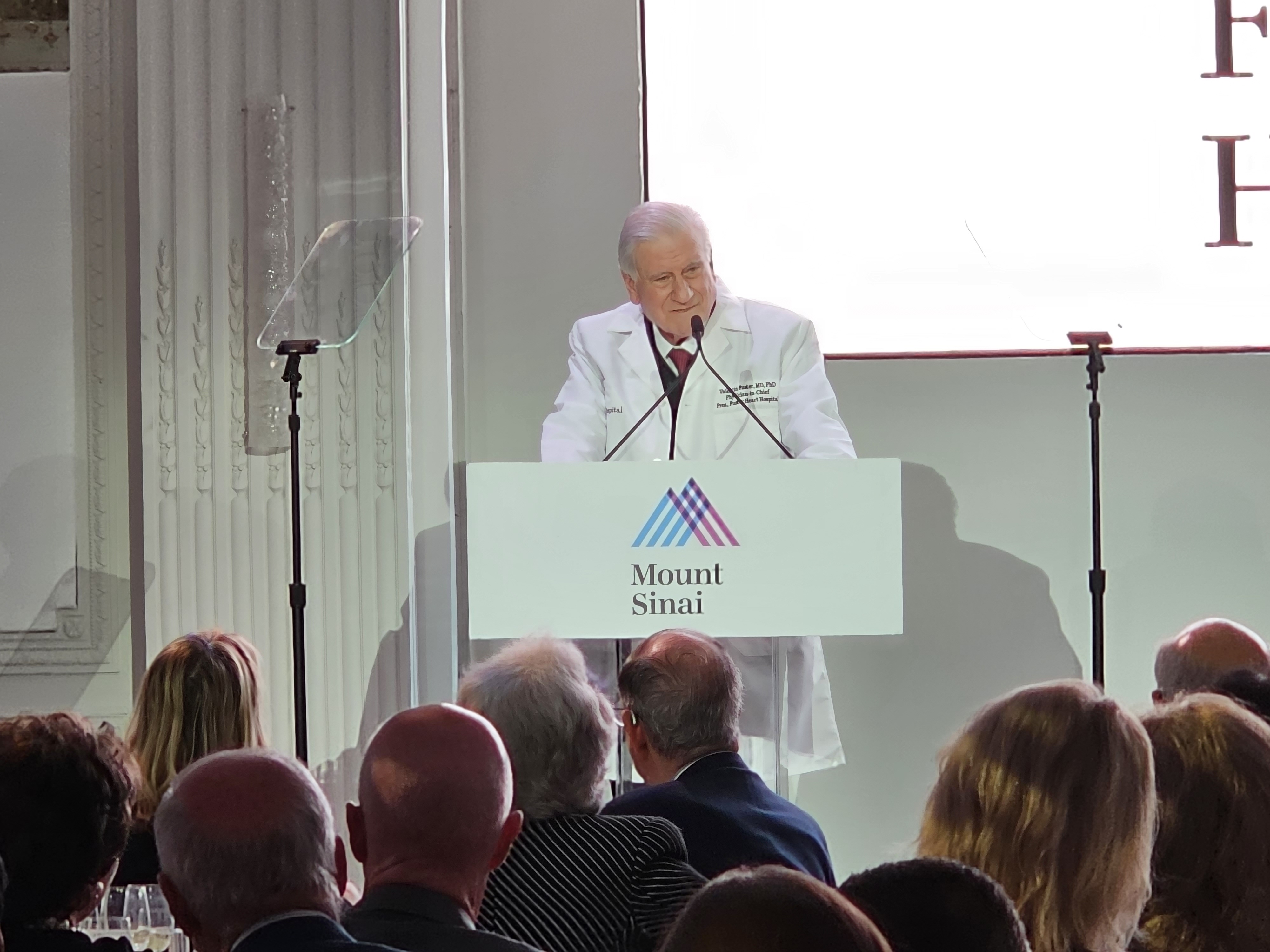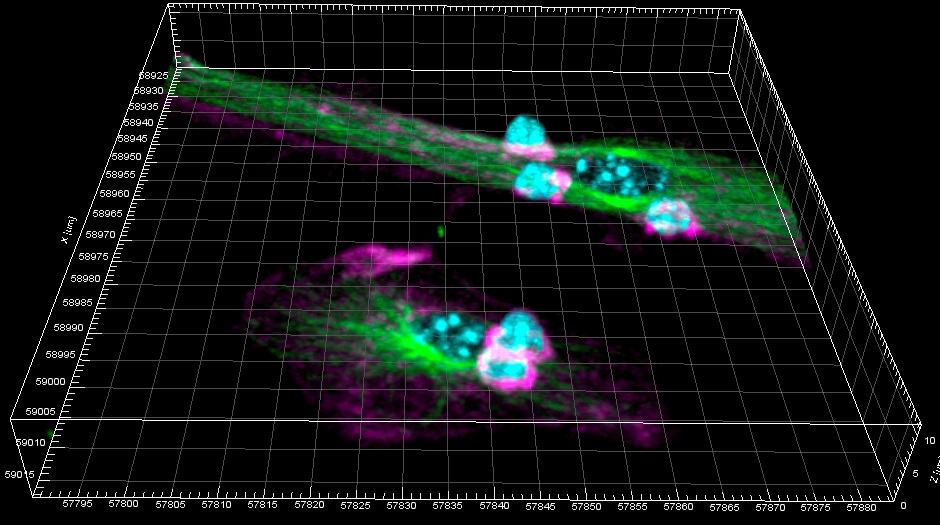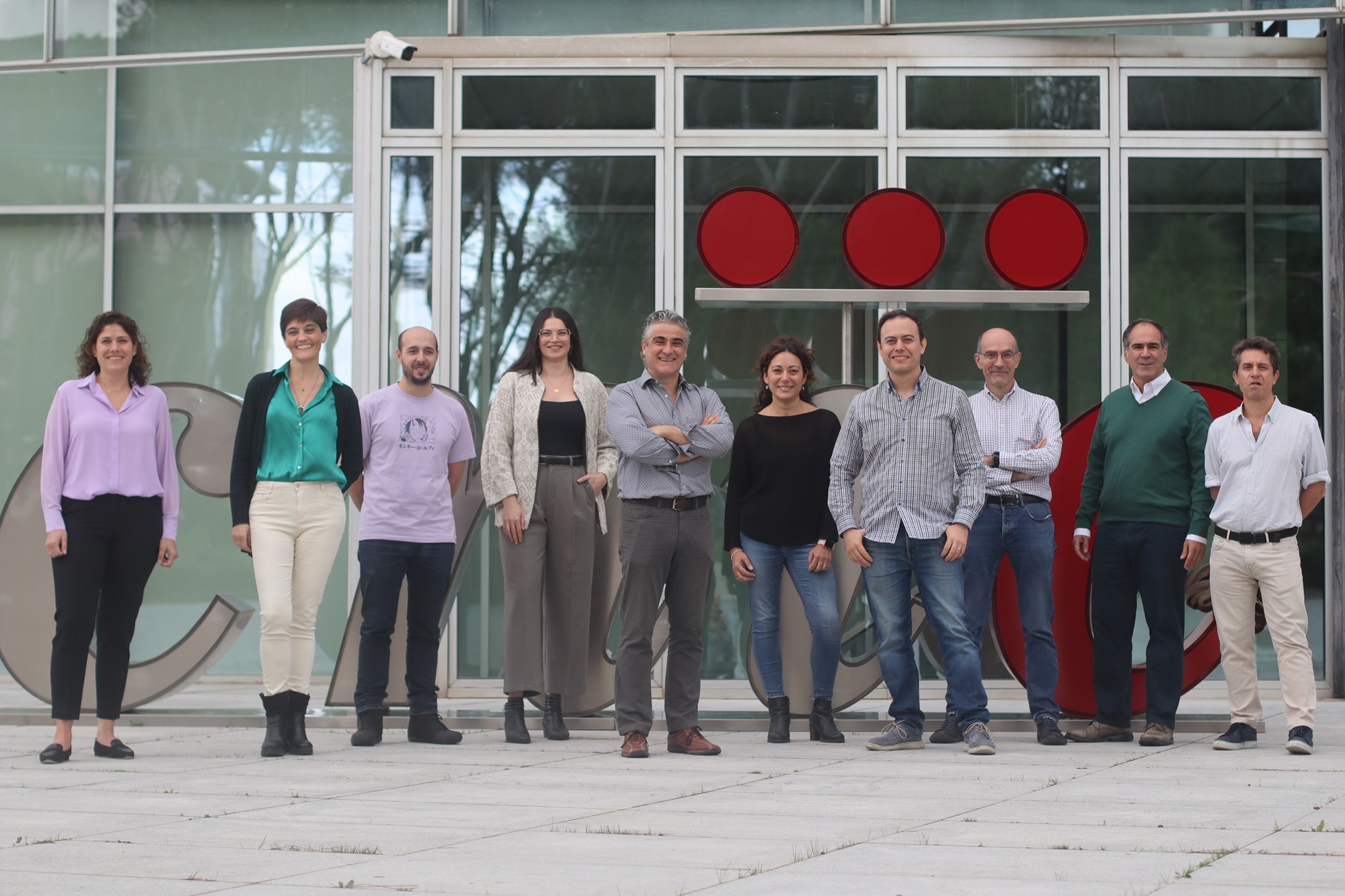News search
|
Research 21 Dec 2023 Johns Hopkins UniversityBloomberg School of Public HealthBaltimore |
|
About the CNIC 19 Dec 2023 Dr. Carla Rothlin is Dorys McConnell Duberg Professor of Immunobiology and Professor of Pharmacology at the Yale School of Medicine, and co-leader of the Cancer Immunology Programme at Yale Cancer Centre. She studied biochemistry and pharmacology at the University of Buenos Aires, where she also undertook her postgraduate research under the direction of Dr. Ana Belén Elgoyhen, focussing on nicotinic receptors expressed in the inner ear. Later, she completed her doctorate and moved to San Diego to join Dr. Greg Lemke’s laboratory at the Salk Institute for Biological Studies. In 2009, Dr. Rothlin was named Assistant Professor in Immunobiology at Yale Medical School |
|
About the CNIC 30 Nov 2023 |
|
Research 20 Nov 2023 Atherosclerosis, previously believed to be an irreversible progressive disease, can be reversed if risk factors are contolled early enough |
|
About the CNIC 17 Nov 2023 This work is of fundamental importance for understanding the immune system and its reactions |
|
About the CNIC 27 Oct 2023 |
|
Research 26 Oct 2023 Scientists at the CNIC and Hospital de la Princesa-UAM have identified profound changes taking place in dendritic cells during antigen presentation to a lymphocyte via intimate contact called an immune synapse |
|
Research 23 Oct 2023 This disease, which can trigger sudden death in elite athletes, is caused by genetic mutations that affect proteins responsible for connecting and coordinating the muscle cells (myocytes) in the myocardium the heart’s muscular wall |
- ‹ previous
- 2 of 27
- next ›
